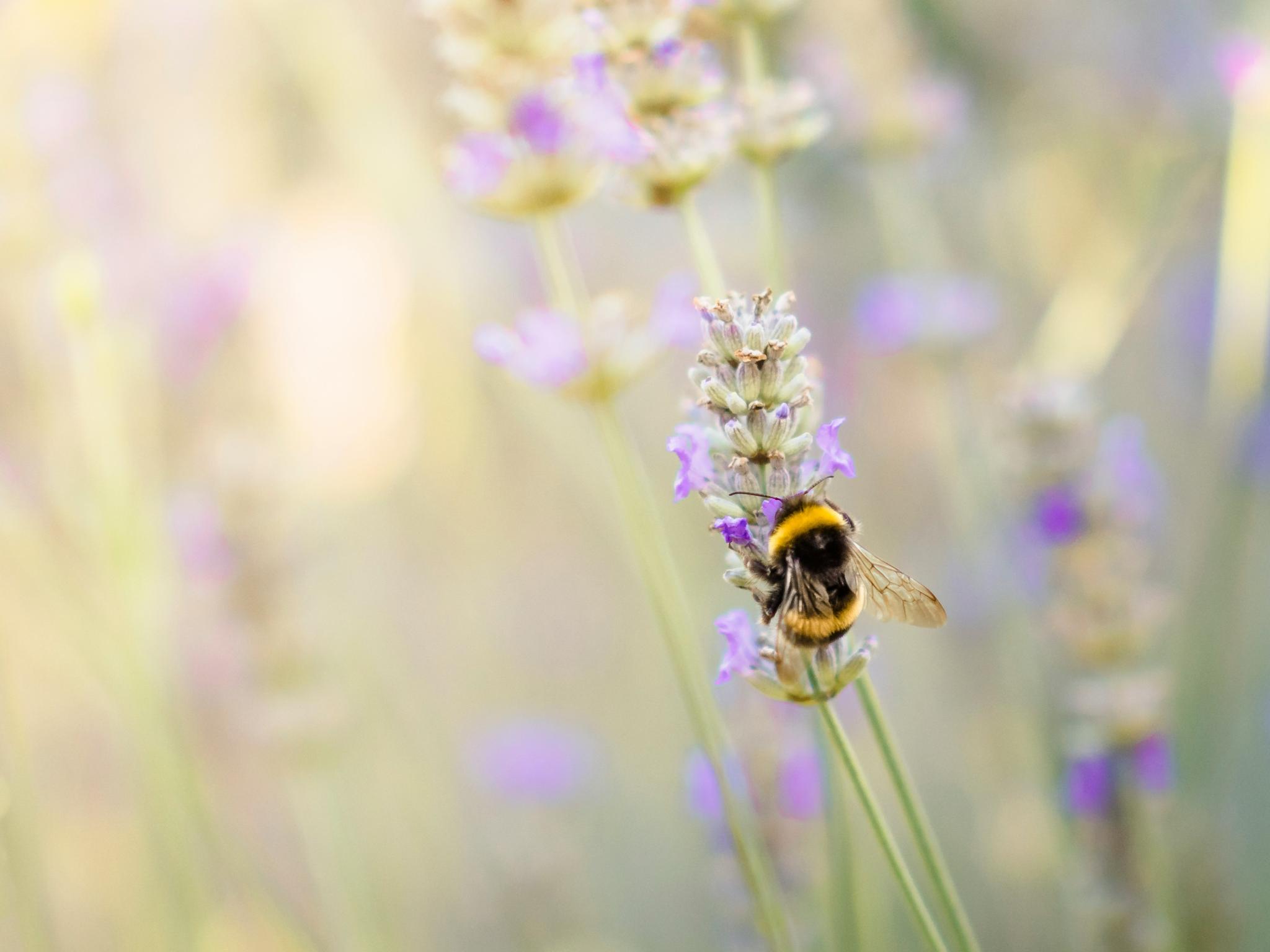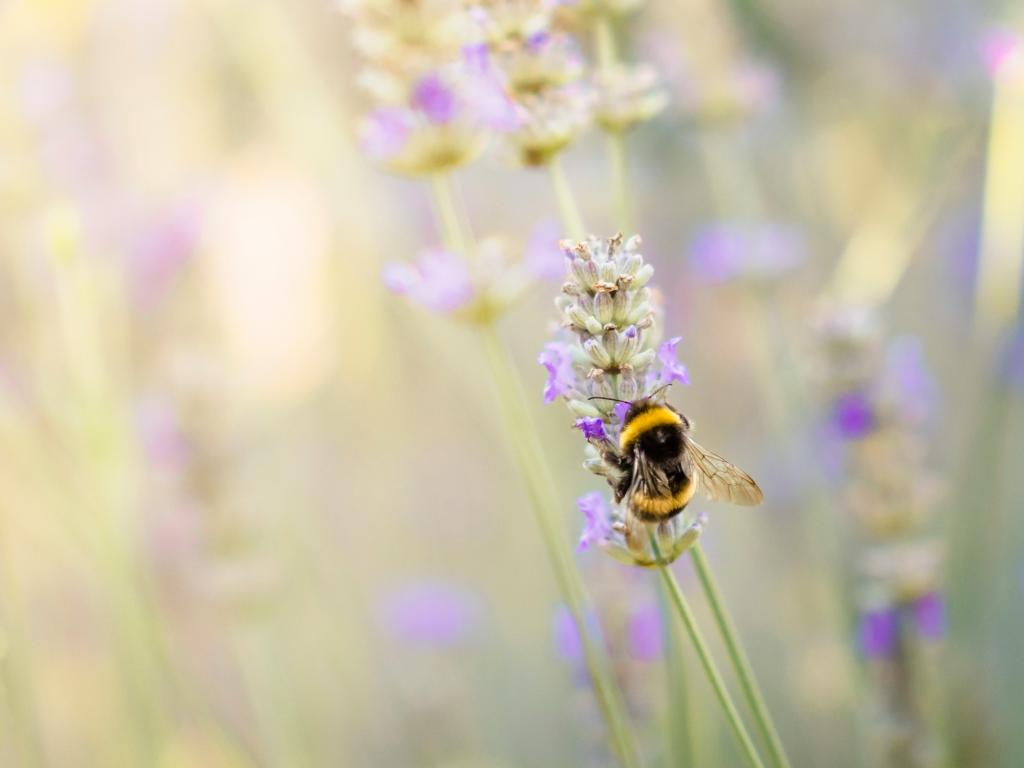There’s a pressing issue buzzing in the Netherlands – our landscapes are losing insect-pollinated plants. According to recent research by Kaixuan Pan, a PhD student at Leiden University, the number of these plants has been steadily declining over the past 87 years. This study, which analyzed data from over 365,000 plots, highlights a significant decrease in biodiversity, impacting not only plants but also the animals that rely on them.
Fewer and fewer insects
Insect-pollinated plants, as the name suggests, rely on insects like bees, butterflies, and beetles to transfer pollen from one flower to another, enabling them to reproduce. The research shows that within the same habitat type, insect-pollinated plants are declining more than their wind-pollinated counterparts. This trend suggests that a lack of pollinators is a key factor. ‘If the decline in these plant species were solely due to factors like moisture or nitrogen, wind-pollinated plants should have shown similar trends but that wasn’t the case.’ Pan remarks: ‘There are not enough pollinators left to provide insect-pollinated plants with sufficient pollen.’ Since they make up the majority of plants in the Netherlands, the decline is a big problem.

The critical role of insect-pollinated plants
Insect-pollinated plants are vital for biodiversity and food security. These plants provide essential seeds and fruits for various animals and are crucial for our crops. In fact, 75% of crops and 90% of wild plants rely on insect pollination. ‘Losing these species would pose a threat to our food security,’ says Pan. The decline in these plants could lead to severe repercussions for both ecosystems and human food sources.
Measures to counter the decline
Reducing nitrogen levels in nature is one proposed solution, as excess nitrogen can harm both plants and insects. Protecting natural grasslands, which host many of the declining plant species, is also crucial. ‘And we must continue monitoring to see if these protection measures have the desired effect. Both on insects and plants, because they are interdependent. That way, we can learn from the past, monitor the present, and positively change the future,’ says Koos Biesmeijer, Pan’s supervisor from Leiden University and Naturalis Biodiversity Center
What can you do to help?
Individuals can contribute by creating greener spaces in their communities. Planting insect-friendly gardens, participating in citizen science projects like the Dutch National Bee Count and the ButterflyCount, and supporting biodiversity initiatives can all make a difference.
As we celebrate the International Day for Biological Diversity, let's take a moment to appreciate the vital role that insect-pollinated plants and their pollinators play in our world. The decline observed in the Dutch landscape is a stark reminder of the broader challenges we face in preserving biodiversity. By taking action now, we can help preserve biodiversity and ensure a sustainable future.
For more detailed information, you can read the full article from Leiden University here: https://www.universiteitleiden.nl/en/news/2024/04/buzzing-decline-dutch-landscape-is-losing-insect-pollinated-plants).

